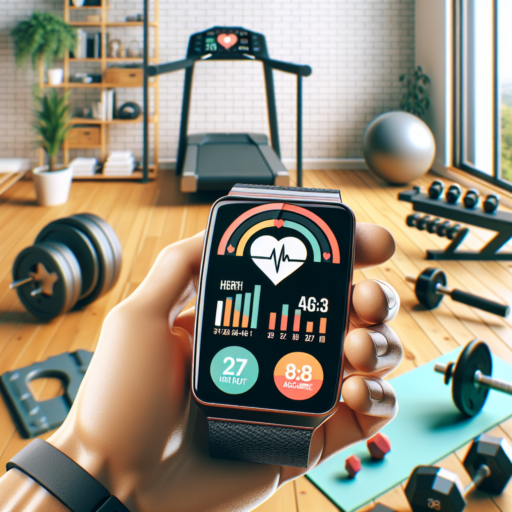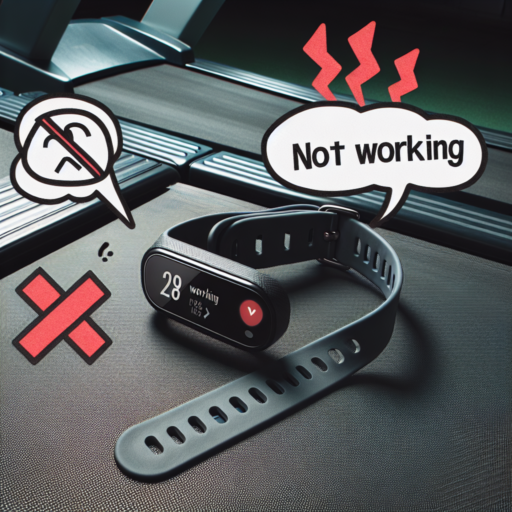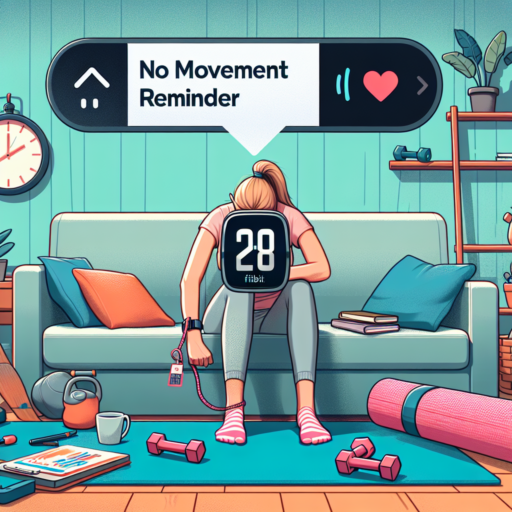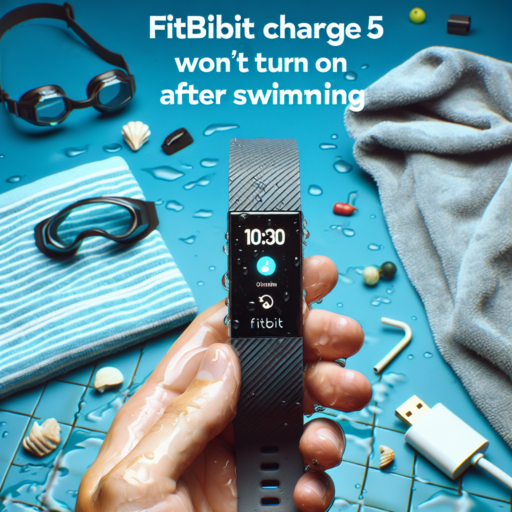Why is my Fitbit heart rate inaccurate?
Many Fitbit users rely heavily on their devices to monitor their heart rate, seeking to maximize their fitness routines or simply keep an eye on their health. However, some users may notice discrepancies between their expected heart rate and the data provided by their Fitbit. This can be concerning and lead to questions about the device’s accuracy.
Fit Position and Tightness
The position of your Fitbit on your wrist and how tight it is secured can significantly impact the accuracy of the heart rate readings. For optimal performance, the device should be worn on the upper wrist, about a finger’s width above the wrist bone, and should be snug but not too tight. A position too close to the wrist bone or a strap too loose can cause the sensors to lose contact with the skin, leading to inaccurate readings.
Skin Type and Wrist Tattoos
Factors like skin type and the presence of wrist tattoos can also affect the heart rate data collected by your Fitbit. The device uses optical sensors to detect blood volume changes in your wrist, and variations in skin pigmentation or tattoos can interfere with this process. In some cases, darker skin tones or tattoos located where the Fitbit sits may prevent the device from obtaining accurate readings.
Maintaining the cleanliness of both your wrist and the device itself is crucial for accurate heart rate monitoring. Dirt, sweat, or any other substance that covers the sensors can obstruct their ability to detect blood flow properly. Furthermore, make sure to regularly clean your device according to the manufacturer’s instructions to ensure the sensors remain unobstructed and functional.
No se han encontrado productos.
How to improve Fitbit heart rate accuracy?
Improving the accuracy of your Fitbit device’s heart rate monitoring is crucial for getting the most out of your fitness tracker. Whether you’re an athlete looking to optimize your training or someone interested in monitoring their general health, ensuring your Fitbit accurately tracks your heart rate is essential. There are several strategies you can follow to enhance the heart rate accuracy of your Fitbit, and understanding these can lead to more precise data about your health and fitness levels.
Firstly, wearing your Fitbit correctly plays a significant role in heart rate accuracy. The device should be worn on your wrist, about a finger’s width above your wrist bone. Ensure it’s snug but not too tight; a too loose fit can cause inaccurate readings, while a too tight fit can restrict blood flow. Additionally, it’s recommendable to switch the wrist you wear your Fitron occasionally to prevent skin irritation, which could also affect the sensor’s readings. For exercises that involve significant wrist movement, consider wearing the tracker higher up your arm, as vigorous movements may cause shifts that impact the heart rate sensor.
Secondly, regular cleaning of your Fitbit is also vital. Sweat, dust, and dirt can interfere with the heart rate sensor’s ability to function correctly. Gently wipe the band and sensor area with a little bit of rubbing alcohol or a soap-free cleanser. Ensure it’s thoroughly dry before wearing it again. Not only does this maintain hygiene but it also removes any obstructions between the sensor and your skin, enhancing the heart rate recording accuracy.
Lastly, updating your Fitbit device regularly ensures that you’re using the latest software with improvements and bug fixes that may affect heart rate monitoring. The company continuously works on enhancing the accuracy of its sensors through software updates. Check for updates in the Fitbit app and keep your device charged to ensure it can receive and install any available updates.
Why is my heart rate monitor not accurate?
Many factors can contribute to the inaccuracies observed in heart rate monitors. Understanding these factors is crucial for individuals relying on these devices for health monitoring or fitness training. One common issue revolves around the device’s placement and fit. For optimal readings, most monitors need to maintain constant, direct contact with your skin. If the device is too loose, it can cause erratic readings due to intermittent contact. Conversely, wearing it too tight might restrict blood flow, leading to inaccurately low readings.
Another significant factor to consider is the type of activity being performed. Motion artifacts, resulting from vigorous or irregular movements, can lead to false readings. Exercises that involve excessive wrist movements, such as tennis or boxing, are particularly prone to causing discrepancies in the data recorded by wrist-worn devices. In these cases, the heart rate monitor struggles to isolate the heart rate signal from the noise created by motion, leading to unreliable results.
Environmental factors also play a vital role in the accuracy of heart rate monitors. Extreme temperatures can affect the electrical conductivity of the skin, impacting the signal detected by the device. Additionally, the presence of sweat or moisture can either interfere with the device’s sensors or improve contact conductivity unpredictably, leading to variable heart rate readings. Users should ensure the device is clean and properly positioned to mitigate these issues.
Can you trust Fitbit’s heart rate?
When it comes to monitoring heart rates, Fitbit devices have become a go-to for many fitness enthusiasts and health-conscious individuals. The question of reliability arises as users depend on these devices for accurate heart rate readings during various activities. Fitbit employs PurePulse technology, designed to provide continuous, automatic wrist-based heart rate tracking without the need for uncomfortable chest straps.
The accuracy of Fitbit’s heart rate monitoring has been the subject of various studies and user experiences. It is essential to understand that while Fitbit aims to offer close-to-accurate readings, factors such as device placement, skin tone, and physical movement can impact the precision of the data collected. For the average user, Fitbit’s heart rate monitoring offers a convenient and reasonably accurate measure of their heart rate trends over time, which can be invaluable for tracking overall fitness and health improvements.
However, it’s important to note that Fitbit’s devices are not medical grade, and while they can offer a good indication of heart health and performance, they should not be used as the sole diagnostic tool. Users should consider consulting healthcare professionals for accurate heart health assessments, especially if they have concerns or underlying health conditions. Fitbit continually updates its technology and algorithms to improve accuracy, showcasing the company’s commitment to providing users with dependable health and fitness data.




